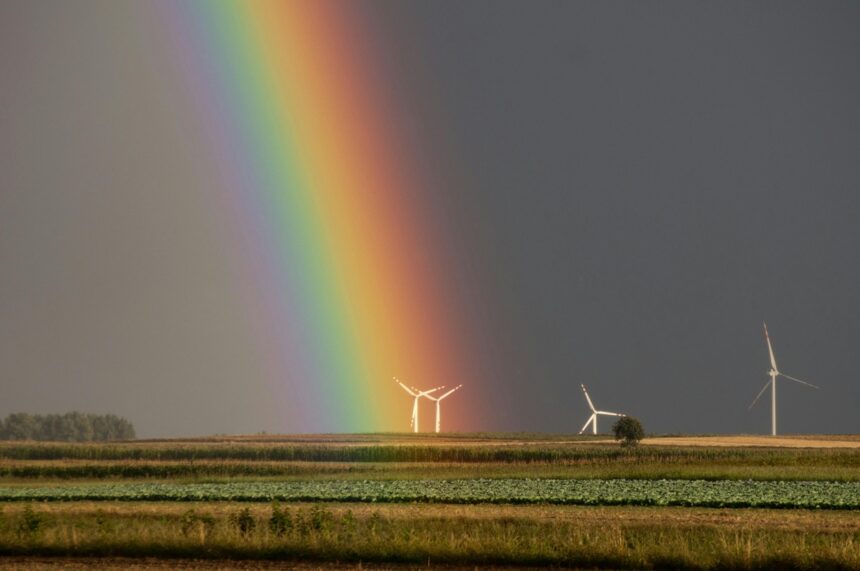As US President-elect Donald Trump prepares to begin his second term, the atmosphere is charged with anticipation regarding the potential direction of his administration’s policies, particularly concerning US climate actions.
If early indications are any indication, citizens in the US and globally should be worried about the major changes Trump’s administration may bring to US climate actions.
These changes could significantly influence not only national regulations but also international climate agreements and collaborations.
Expected climate policy summersaults under new Trump’s administration include:
Reversal of Climate Initiatives: Trump has expressed intentions to reverse many of the environmental regulations and policies introduced by the Biden administration. This includes undoing clean energy tax breaks and pollution rules and potentially repealing the Inflation Reduction Act, which has been pivotal in increasing federal support for clean energy technologies.
Promotion of Fossil Fuels: Trump’s campaign has emphasized boosting fossil fuel production, particularly oil and gas. This would likely result in a significant rollback of regulations aimed at reducing carbon emissions, promoting instead an increase in drilling and fossil fuel use.
Impact on Renewable Energy: Despite the global momentum towards renewables, Trump’s policies could slow down the transition to clean energy in the US by removing incentives for electric vehicles and renewable energy projects, although market trends might still push forward due to cost efficiencies in solar and wind.
Global Impact:
Withdrawal from International Agreements: Trump’s administration might once again withdraw from the Paris Climate Accord, affecting US participation in global climate efforts and potentially influencing other nations’ commitments. This could disrupt international climate cooperation and negotiations.
Leadership Vacuum: The US withdrawing from or diminishing its role in climate negotiations could shift global leadership to other countries like China, potentially altering the dynamics of global climate policy and cooperation.
Increased Emissions: Policies promoting fossil fuels could lead to a significant increase in US greenhouse gas emissions, counteracting global efforts to curb climate change. Estimates suggest that Trump’s policies could add billions of tonnes of carbon pollution by 2030.
Climate Diplomacy: Trump’s skepticism towards climate change could undermine US diplomacy on this issue, affecting international climate finance, technology transfers, and support for developing countries in climate adaptation.
The incoming second term for Trump would likely see a significant pivot towards fossil fuel reliance, with potential setbacks for both US and global climate action, though the inherent momentum in clean energy might mitigate some impacts. However, the full extent would depend on legislative and judicial outcomes, as well as international reactions to US policy shifts.





